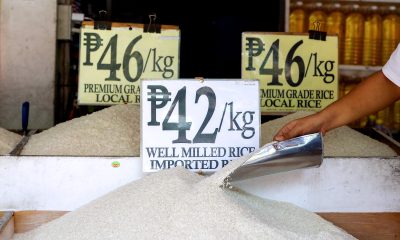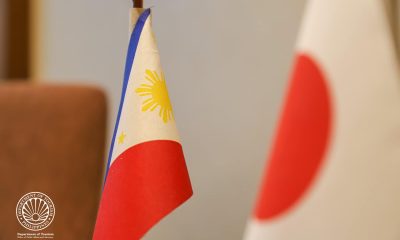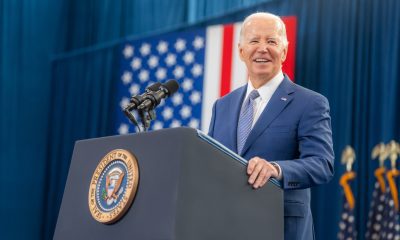Business and Economy
Global economy faces more risks amid sluggish recovery
BEIJING—Looking back at the past half year’s global economy, it is disappointing to see a weak recovery and a risky future.
In its Global Economic Prospects released in June, the World Bank revised its 2016 global growth forecast down to 2.4 percent from the 2.9 percent pace projected in January, due to “sluggish growth in advanced economies, stubbornly low commodity prices, weak global trade, and diminishing capital flows” in the first half of 2016.
In April, the International Monetary Fund (IMF) also lowered its forecast for global growth in 2016 to 3.2 percent, saying that the global economy grows at a sluggish pace that leaves the world economy more exposed to risks.
The IMF predicted that in the next five years, global economic output can decrease 4 percent from normal amount, meaning the “new mediocrity” is becoming the “new normal.”
Under the current chilly circumstances, governments of the world’s major economies are adjusting policies to ensure a sustained stimulus to protect the vulnerable recovery. However, passive counter-measures seem to overwhelm active adjustments.
On Dec. 16, 2015, the U.S. Federal Reserve (Fed) hiked interest rates for the first time in nearly a decade, signaling a growing confidence in the U.S. economy since the 2007-2009 financial crisis.
After then it was widely expected the Fed was to increase interest rates for another four times, yet the Fed made no such a move in the past six months. The expectation to another interest rate hike has been dampened for this year, especially so after Britain’s voted exit from the EU, or Brexit.
Europe, another major economy, has faced many challenges in the first half of the year — terrorist attacks, refugee flooding and Brexit. In March, the European Central Bank (ECB) launched an unexpectedly broad array of stimulus measures ranged from interest rate cuts to cheap loans to banks, to boost the modest economic recovery in the 19 European countries. Market is expecting even more ECB stimulus after Brexit.
In Japan, the “Abenomics” economic policy has proven to be ineffective despite a two-prong monetary and fiscal policy.
In newly-emerging economies such as Russia and Brazil, the counter-measures against the depressive commodity prices and lazy capital flows in the global market seem weak and insufficient.
Comparatively, China and India have more room to maneuver. China is deepening its economic reform and seeing the economic transition bearing fruits. In the first season of 2016, China ‘s economic growth reached 6.7 percent, a bright figure against the dim backdrop of a sluggish economic recovery. Currently about one-third of the world’s economic growth comes from China.
In India, the Modi government is pushing the economic reform and has recently announced sweeping moves to expand foreign investment in nine areas as part of attempts to open up the economy.
So far the world economic recovery hasn’t formed the “V” shape or “U” shape as many anticipated, but more like the “L” shape.
Renowned American economist Larry Summers warned of deep economic stagnation, or “secular stagnation,” i.e. after the economic crisis is over, low interest rates and low growth rate will coexist in the long run.
Facing such a gloomy outlook, experts have offered some solutions.
First, it’s critical for major economies to strengthen coordination on global policies, and give positive signals to world markets to boost confidence. The upcoming Group of 20 summit to be held in China’s Hangzhou offers a platform for major economies to discuss such a matter.
Second, for eligible economies, central banks should consider further relaxing fiscal policies besides sustaining low interest rates, and improving the effectiveness and orientation of the policies.
Third, for both developed and developing economies, further promoting structural reforms holds the key for sustainable economic growth.






















